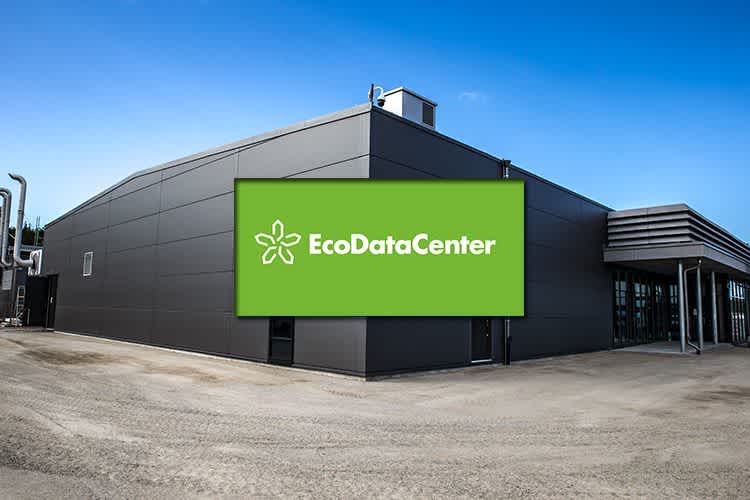Globally, the Information and Communications Technology sector accounts for 10% of the global electricity consumption, with greenhouse gas emissions exceeding those from all global air traffic. Individual data centers can have an electricity consumption equal to that of a medium-sized city. The perpetual amount of data circulating is proliferating, and so is the need for data centers where all the data and information is stored in. There is, however, a large environmental cost coming with such data centers, as they are not necessarily energy-efficient.
Usually powered by fossil fuels, a large part of the energy used to run and cool data centers, alongside the waste heat from the servers, is simply released as heat into the atmosphere. Not only are such cooling methods costly to run, but they also consume often as much electricity just keeping a facility cool as running the servers themselves.
More recently though, newer eco-friendly cooling techniques have enabled data centers to reduce the amount of electricity and carbon used in cooling by up to 90%. One example of an eco-friendly data center is the Swedish company EcoDataCenter, which was founded in 2014 and has five sites across the world, specializing in HPC, co-location, and hyper-scale services to the Swedish market.
The company claims that the majority of its data centers are built out of wood and focused on a central theme of sustainability. Their design and components allow an efficient PUE rating of 1.15, and both its Main Site and Arctic Sites are 100% powered by renewable electricity.
Their main site, which is in Falun, Sweden is not only a climate-positive data center, but also a community-driven project. With a prime focus on sustainability, the energy needed to maintain the data servers is generated by 75% hydropower and 25% wind power. It is the first data center in the world with negative CO2 emissions, as 100% of the energy produced and used is renewable.
The EcoDataCenter achieves climate positivity by reusing the waste heat in a low-grade system. The leftover heat from the servers and IT equipment warms the city of Falun through the district heating system. 95% of all houses with district heating are provided by the EcoDataCenter cogeneration plant. In the summer time, excess steam from the local electricity plant will run the machines cooling the data center, as well as the city's cooling systems. Their energy system also has one of Sweden's largest solar panels, alongside local hydropower systems and wind turbines. Together, they produce more than half of the total energy needs of Falun Municipality.
The EcoDataCenter serves as a model of how technology can shape a circular economy by developing a market for recycled materials and industrial investments in infrastructure with a focus on reducing process waste and reforming new developments through reusing existing resources. A leading example of how technology can help save the environment and tackle climate change.

